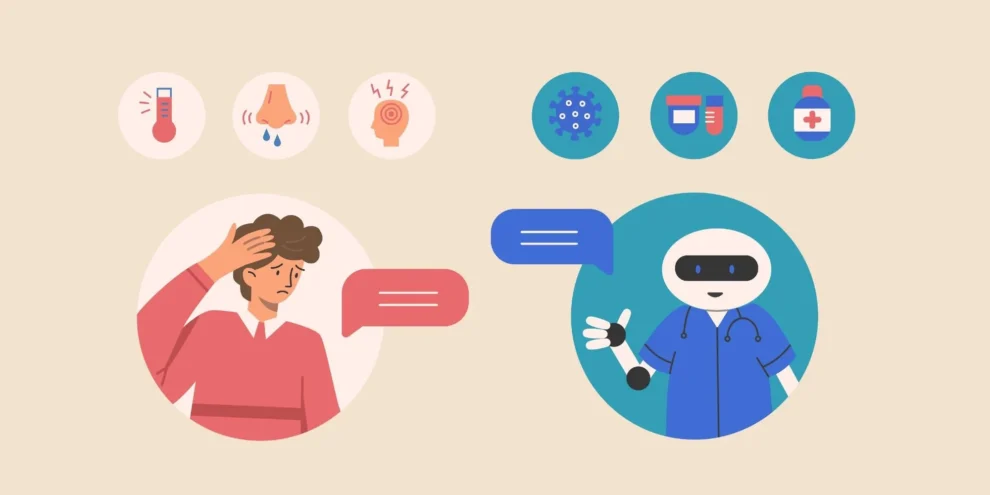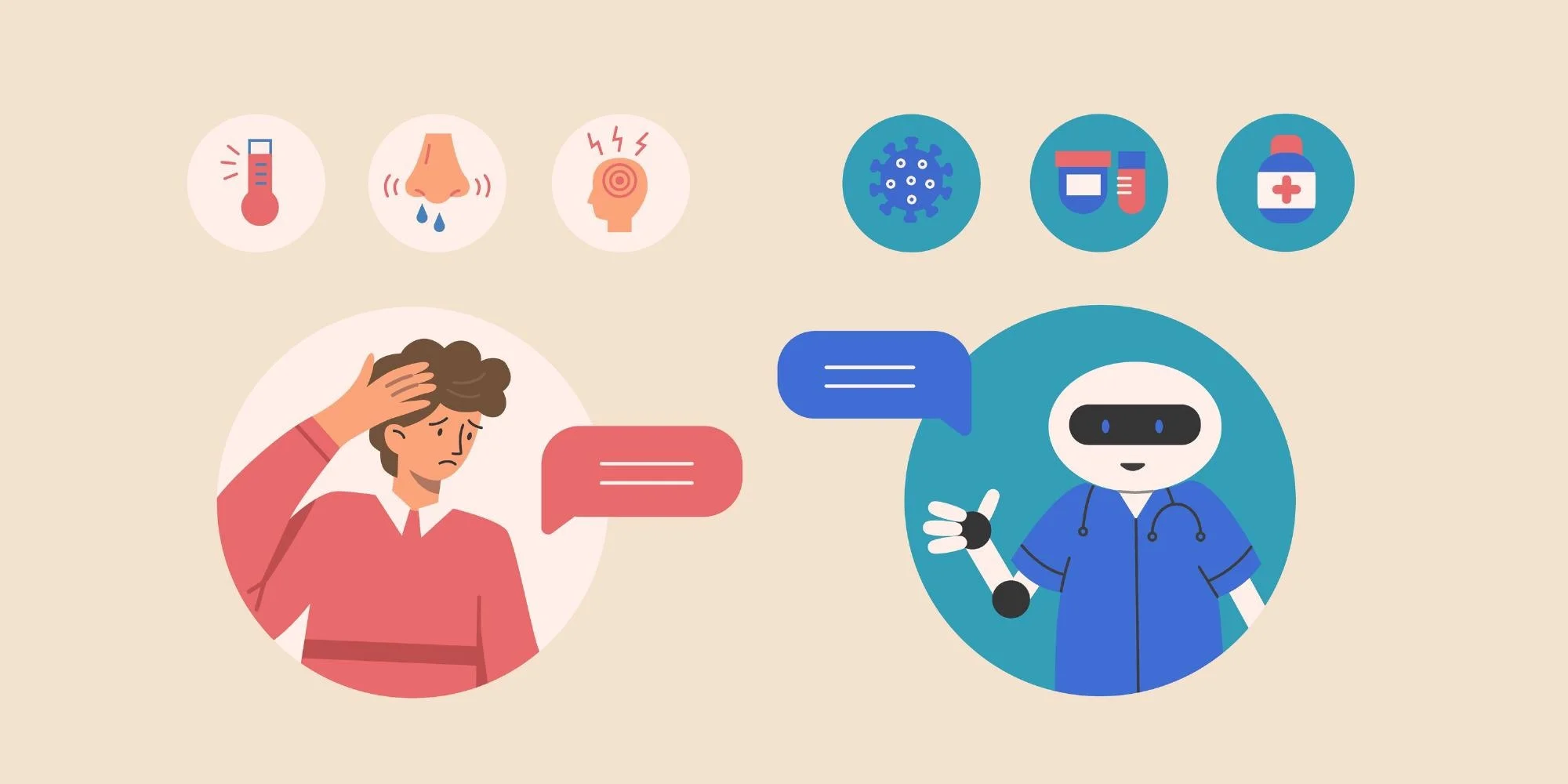In recent years, the phenomenon of individuals developing deep emotional attachments to AI chatbots has captured global attention. As technology advances, so does the complexity of these digital companions, leading to a fascinating blend of technology, psychology, and human interaction.
Key Highlights:
- AI chatbots are being designed to mimic human emotional responses, offering companionship to those seeking it.
- Neurobiologists and cognitive scientists are exploring how human-like interactions with chatbots may trigger real emotional responses in users.
- The concept of “uncanny valley” suggests there’s a fine line between empathizing with human-like robots and feeling discomfort towards them.
- Ethical debates arise around whether relationships with AI can truly replicate human connections and what this means for society.
AI companions offer solace and interaction, addressing modern solitude with programmed empathy and understanding. Yet, amidst this digital companionship, ethical queries and the essence of human connections are fervently discussed, prompting a reevaluation of our relationship with technology and each other.
The Psychology Behind AI Attachment
Users are drawn to AI chatbots because they offer a semblance of understanding and stability that can sometimes be lacking in human relationships. These digital entities are programmed to respond in a consistent and predictable manner, which can be comforting to users seeking reliable companionship. The ability to customize interactions with these chatbots means that users can create an idealized partner, one that aligns perfectly with their needs and expectations. This sense of control and predictability is a significant factor in why people feel attached to their AI companions.
Human-Like Qualities and Empathy
The design of AI chatbots to appear more human-like enhances users’ ability to empathize with them. Cognitive scientists have found that we are naturally inclined to trust and like entities that resemble us. This anthropomorphism, or the attribution of human characteristics to non-human entities, plays a crucial role in the development of emotional connections with AI chatbots. However, the “uncanny valley” phenomenon indicates that there is a threshold to this empathy; when robots appear almost, but not quite, human, it can evoke feelings of eeriness and discomfort.
Ethical Considerations and Societal Impact
While the experiences users have with AI chatbots may feel genuine, critics argue that these interactions cannot replace human connections. The lack of sentience in chatbots means they cannot participate in relationships in the same way humans do, potentially degrading the concept of love and companionship. Moreover, there’s a concern about how reliance on AI for emotional support may address symptoms of loneliness without tackling the underlying issues, such as social isolation and the need for human connection.
The growing trend of individuals falling in love with AI chatbots highlights our deep-seated need for connection, understanding, and companionship. As AI technology continues to evolve, so too will our relationship with these digital entities. However, this fascinating intersection of technology and human emotion raises essential questions about the nature of love, the need for empathy, and the future of human relationships in an increasingly digital world.






